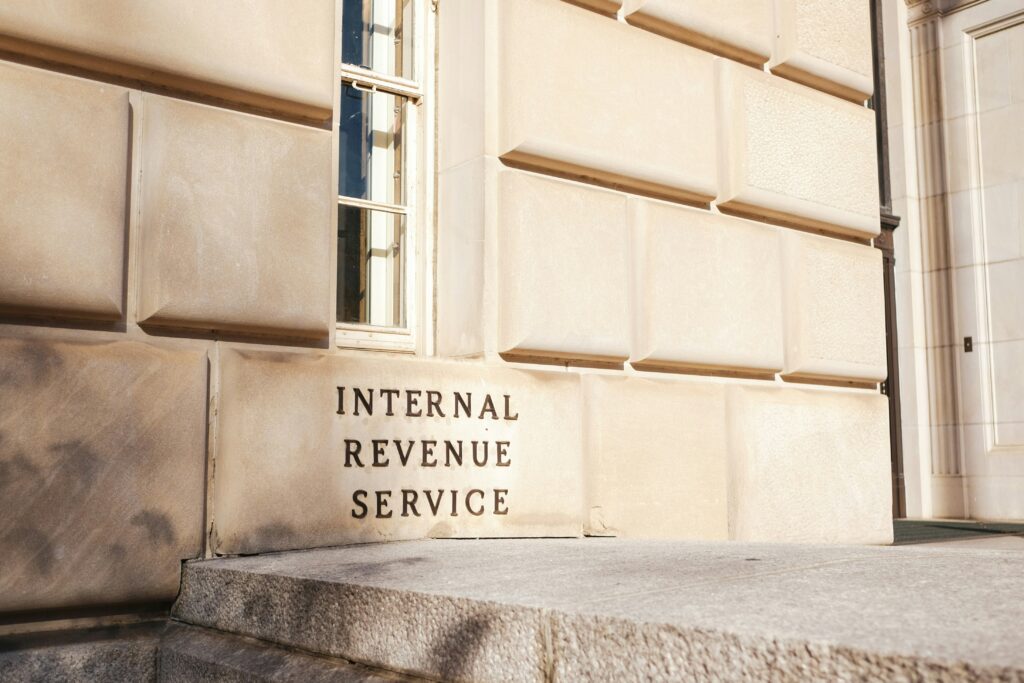Sustainable Finance: How Finance Leaders are reshaping Industry
The COVID-19 pandemic has caused unprecedented disruptions in the global economy. It has affected both supply and demand. These financial ramifications are likely to be felt for years to come. Thus, making it crucial to prepare for significant changes on the horizon. So, how can we ensure sustainable success in the future? Well, one solution is the growing trend of sustainable finance.
Finance leaders around the world are incorporating sustainable practices into their strategies. They have modified their decision-making processes in reshaping the industry.
This blog will delve into the role of finance leaders in driving this change and why it’s so important. Sustainable finance and the best practices for incorporating it into business strategies.
We will take a closer look at the case studies of companies that have achieved financial success.
We’ll discover how sustainable finance is revolutionizing the way about profit and the planet. And how will it shape the future of the finance industry?
The Rise of Sustainable Finance
Sustainable finance is a growing trend in the finance industry. It is driven by increasing concerns over environmental, social, and governance (ESG) issues. It has various forms of investing such as green bonds, and other sustainable vehicles.
ESG investing is an investment that considers environmental, social, and governance factors. Impact investing is a more targeted form of sustainable investing, focused on investments.
It generates positive social or environmental outcomes. Also, green bonds called fixed-income securities that fund environmental friendly projects. It includes methods like renewable energy and sustainable infrastructure.
Sustainable finance began in the 1960s with environmental and social justice movements. In the 1980s, ethical investment funds began to emerge. It allows investors to align their investments with their values. It is in the era of 2000s that sustainable finance began to gain acceptance and momentum.
Today, sustainable finance is a growing trend, with the potential to reshape the finance industry. A report by the Global Sustainable Investment Alliance states this in a clear way. sustainable investment assets reached $31 trillion in 2020, up 68% from 2016. This growth is being driven by a variety of factors. Such as increased public awareness of ESG issues, regulatory pressure, and investor demand.
The potential for growth in sustainable finance is significant. As more investors focus on ESG factors in their investment decisions, demand for these options continues to grow.
Also, government regulatory bodies are pushing for greater transparency and accountability. It is then likely to further drive the adoption of sustainable practices.
The Role of Finance Leaders in Reshaping the Industry
Profits have been the driving force in the finance industry. In recent years, finance leaders have recognized the importance of incorporating sustainability. These leaders are driving the adoption of sustainable finance and setting a new standard for financial success.
One such finance leader is Larry Fink, the CEO of BlackRock, the world’s largest asset manager. In his annual letter to CEOs, Fink called for companies to focus on sustainable practices. And warned that those that fail to do so may lose BlackRock’s investment.

BlackRock has also launched a suite of sustainable investment products, exchange-traded funds (ETFs). Its focuses on environmental, social, and governance (ESG) factors.
Another finance leader driving the adoption of sustainable finance is Jane Fraser, the CEO of Citigroup. Fraser has committed to achieving net zero across Citi’s financing activities by 2050. They have set a goal of $1 trillion in environmental finance by 2030.
Citigroup is also funding renewable energy projects. They have pledged to finance it to advance gender equality and affordable housing.
These leaders are not alone in their efforts. They are not only doing what is right for the planet but also what is right for their business.
The impact of these efforts extends beyond the finance industry. By prioritizing sustainable finance, leaders are helping to address global challenges. This includes climate change, social inequality, and access to affordable housing. They are demonstrating that finance can be a powerful tool for positive change and are setting an example for other industries to follow.
The Future of Sustainable Finance in the Industry

It is a powerful tool for addressing climate change and social inequality. It has grown in popularity as investors seek ethical ways to invest. But what does the future hold for this emerging field?
One trend to watch in sustainable finance is climate risk management. Investors want to assess & mitigate climate change risks as more companies face them. This has led to the development of new financial instruments such as green bonds. It is then used to finance projects that have a positive environmental impact.
Another trend to watch is social impact investing. Affordable housing and renewable energy are examples of social & beneficial investments. Social impact investing can generate financial returns and solve social problems.
As this way continues to gain traction, there is a growing potential for it to become the norm in the industry.
This could have a big effect on the economy as a whole. Since companies that use sustainable practices are likely to be stronger. They are better able to handle the challenges of the future. Also, as sustainable finance evolves it will open up new investment opportunities. And push the financial industry to be more innovative.
Conclusion:
As we’ve discussed throughout this article,
Finance leaders are adopting sustainable success strategies. They want to create long-term value for their organizations, stakeholders, and the planet.
Here are the five key takeaways for the future of sustainable finance:
- As consumers become more eco-conscious & focus on sustainable investments, sustainable finance will grow.
- Leaders in the industry need to adopt sustainable strategies to mitigate climate risks. They should capitalize on the opportunities in the transition to a low-carbon economy.
- Cooperation between finance leaders & policymakers is crucial to promote sustainable economic growth.
- Technology and innovation will play a vital role in enabling the sustainability of finance. It will create new opportunities for sustainable investing and risk management.
- Sustainable finance will be a shift in mindset, with finance leaders. It will give equal importance to financial performance and ESG factors.
Investors must demand sustainability from companies as finance leaders adopt sustainable success strategies. This will create a virtuous cycle, with companies prioritizing sustainability to attract investment. And investors investing in sustainable companies to drive positive environmental and social outcomes.
Sustainable finance can make the world more sustainable and equitable. But it’s up to finance leaders, investors, and consumers to make it happen. Let’s keep promoting sustainable finance and improving our world.










